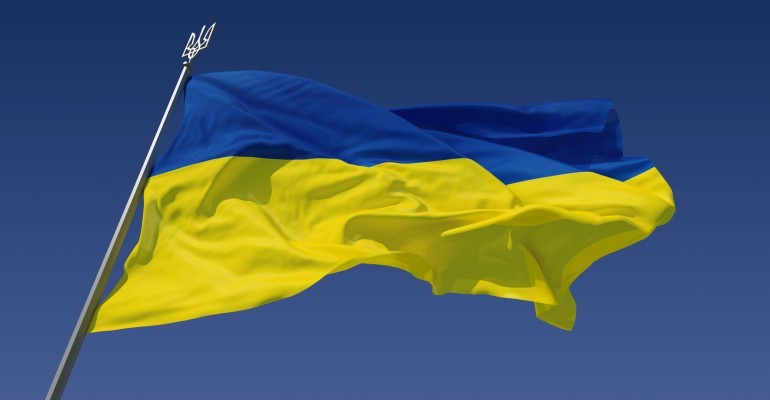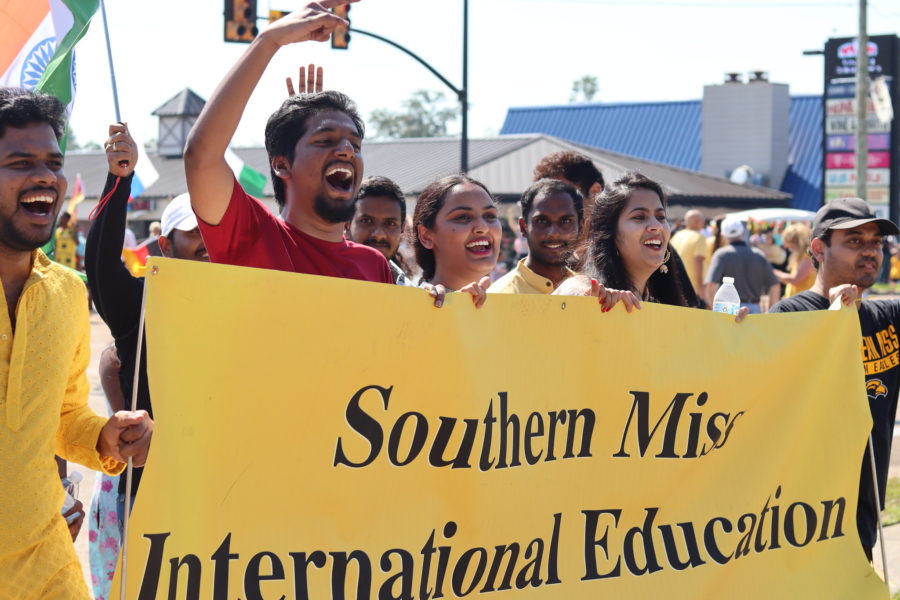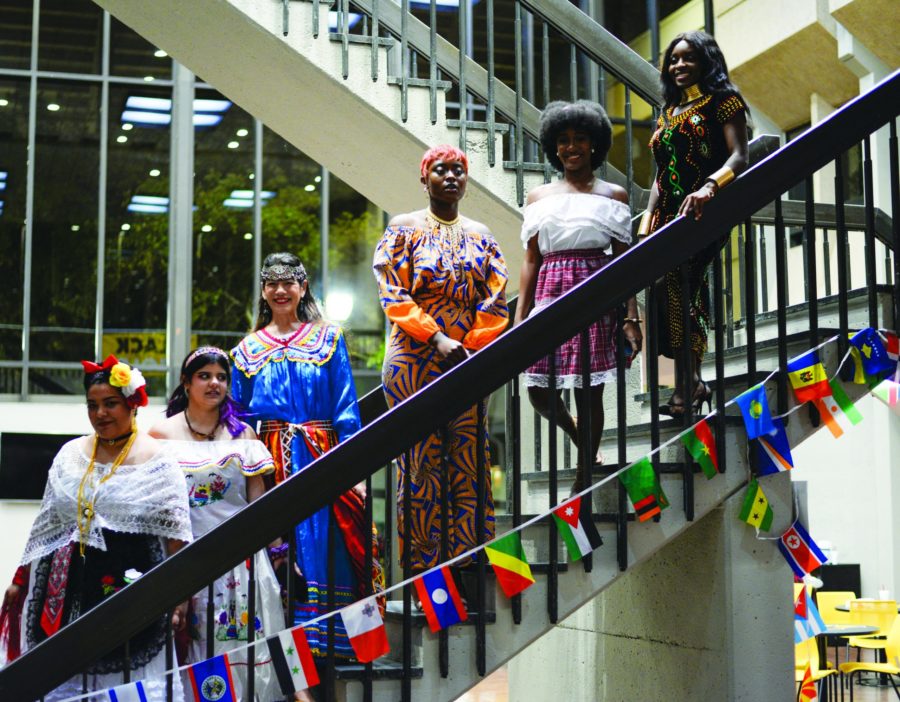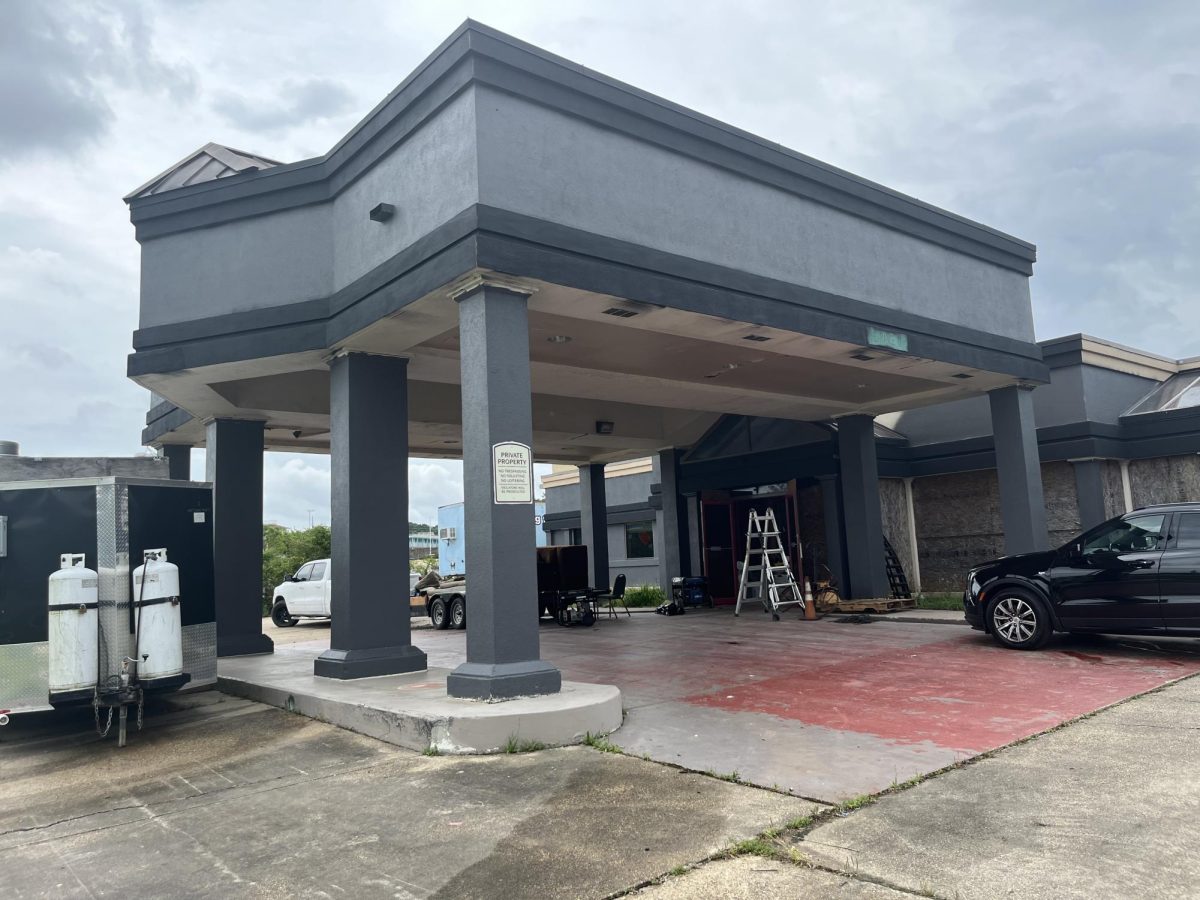The World Health Organization (WHO) has reported that by the middle of 2015, “several hundred thousand” doses of two experimental Ebola vaccines will be produced and by the end of 2015, millions of doses will be available for distribution.
By December this year, WHO claimed at a meeting in Geneva that vaccines could potentially be supplied to health workers in West Africa.
There is no official cure or wonder drug for the Ebola virus, but the in-production vaccines should provide a relief to the epidemic.
“The number of people dying is rising every day, so a vaccine for Ebola should be administered to those infected immediately, not months from now,” said Samantha Lewis, junior forensic science major.
Although, the vaccines will not be wiping out the virus, they will be mitigating its effects on people.
Nearly 10,000 people in Sierra Leone, Liberia and Guinea have been exposed to and infected with the virus as of October. Nearly 5,000 deaths have been recorded in West Africa, reported WHO. However, the accurate numbers of infections and deaths are predicted to be higher since many cases go unreported.
The Ebola outbreak is the largest disease epidemic in history and WHO is responding to the situation with a speedy production of the vaccines. Normally, producing a vaccine would take years, but drug manufacturers are working to release hundreds of thousands of vaccines in the next year, most likely by the end of June 2015.
Recently, Ebola has reached Mali and many people are being monitored. The two Dallas nurses are no longer infected with the virus.
A doctor who returned from Guinea, West Africa to New York is in serious but stable condition and people who have come into contact with him are being tracked and monitored. Leaders from the European Union decided to financially support the fight against Ebola by providing 1 billion euros.
Currently, experimental vaccines made by GlaxoSmithKline (GSK) and the Public Health Agency of Canada are in safety trials with the Canadian vaccine making its way to the U.S. with trials starting soon in Europe and Africa, and the GSK vaccine being tested in Mali, the U.K. and the US. Results from these trials are to be found in December and trials will continue to be administered to countries exposed to Ebola, with Liberia being the first.
“Testing the vaccines is important, but time is running out with more and more people getting infected,” said Sam Leonard, a freshman public relations major. “But it’s definitely important to have the vaccines tested first.”
Trials give researchers information on the vaccine’s effectiveness and the appropriate dosage. WHO plans to have answers on effectiveness of the experimental vaccines by April after being tested on health care workers in West Africa first.
WHO expects the vaccines to end the outbreak, but vaccinations in large numbers will most likely not be administered before June 2015.
“While we hope that the massive response, which has been put in place will have an impact on the epidemic, it is still prudent to prepare to have as much vaccine available as possible if they are proven effective,” said Dr. Marie Paule Kieny, a WHO assistant director-general. “If the massive effort in response is not sufficient, then vaccine would be a very important tool.”
“And even if the epidemic would be already receding by the time we have vaccine available, the modelling seems to say vaccine may still have an impact on controlling the epidemic,” she said.
The WHO in Geneva also discussed five more vaccines in production that could also impact the outbreak. The vaccine is being financed by The World Bank and the charity Medecins Sans Frontieres, according to BBC News. Dr. Marta Tufet, from the Wellcome Trust and part of the talks in Geneva, said, “The key news is that money doesn’t seem to be an issue, everyone’s supporting this.”
A vaccine that prevents the virus from spreading has yet to be created, so treatment and confinement of those who are infected will remain the method in containing the virus.
There is risk associated with administering the vaccine because of uncertainty of how or if the vaccines will function. Also, the vaccine needs to be stored at very low temperatures and storage in Africa would be difficult to find.
The state of the situation is being handled seriously by all involved nations in preparation for the worst.




































